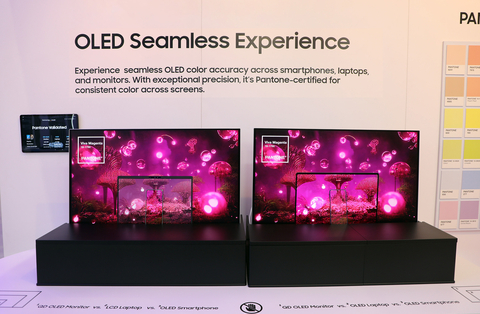AirPods Pro 2023: The Ultimate Showdown in Apple's Wireless Earbud Universe

Apple's AirPods lineup has never been more diverse or compelling. From budget-conscious consumers to audio enthusiasts, there's now an AirPods model designed to meet virtually every need and preference.
The current range spans from the affordable AirPods (2nd generation) to the premium AirPods Pro (2nd generation) and the top-tier AirPods Max over-ear headphones. Each model offers unique features that cater to different listening experiences and budgets.
The entry-level AirPods provide an accessible gateway into Apple's wireless audio ecosystem, while the AirPods Pro deliver active noise cancellation and a more immersive sound experience. For those seeking the ultimate in audio quality and comfort, the AirPods Max represent the pinnacle of Apple's audio engineering.
With competitive pricing, advanced technology, and seamless integration across Apple devices, these AirPods models continue to dominate the wireless headphone market. Whether you're a casual listener or an audiophile, Apple has crafted a solution that promises to elevate your audio experience.








